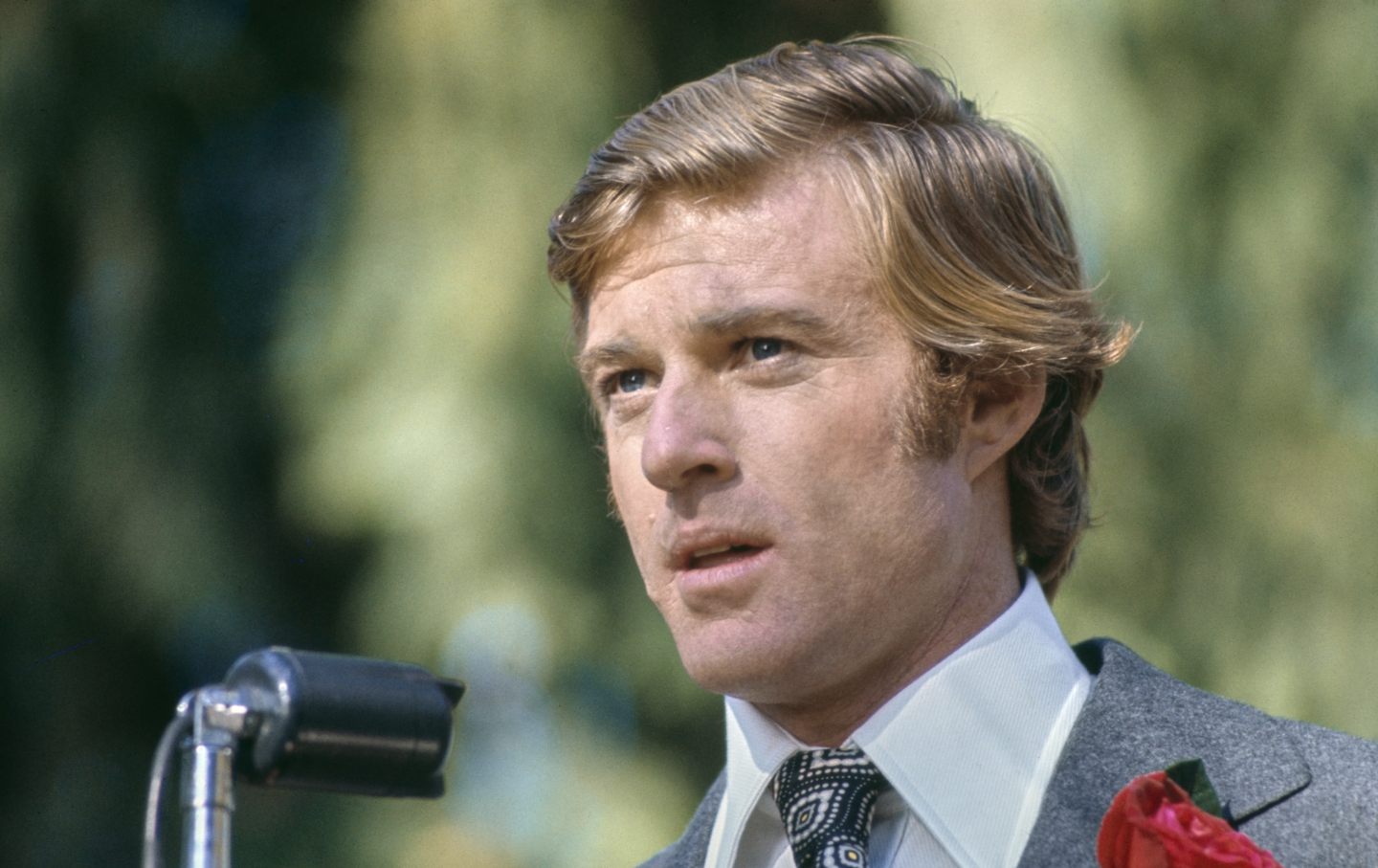
"A television commercial is a way of selling a product. A candidate's bid for votes should be a higher order of expression...with moral implications for the kind of people we are...and the kind we want to become. But, increasingly, candidates are merging the two...selling themselves like an underarm deodorant... in commercials just long enough to pound in some mindless slogan...that cheapens candidate... and voter alike,"
"But in the California Senate race, young Bill McKay was different. He rejected the machine-type politics, by which his father won office...and ran a campaign refreshing in frankness and directness. But now, with only a month to go (before the election), McKay's ways have visibly changed. Those early hard statements of his are turning into mush. Specific policies dissolve into old generalities. The Madison Avenue commercial has become his means of persuasion. The voters are being asked to choose McKay... like they choose detergents."
In The Candidate (1972), California Senate hopeful Bill McKay begins as an idealistic public-interest lawyer committed to civil rights, environmentalism, and criticism of corporate power. Campaign consultants and donors pressure McKay to moderate positions, turning his hard statements into vague generalities. Howard K. Smith, appearing as himself, condemns the campaign's shift into Madison Avenue-style advertising that markets candidates like consumer products. Smith says television commercials reduce political bids to slogans, erode moral considerations, and ask voters to select politicians as they would detergents. The film portrays the corruption of political ideals through media manipulation and salesmanship.
Read at The Nation
Unable to calculate read time
Collection
[
|
...
]